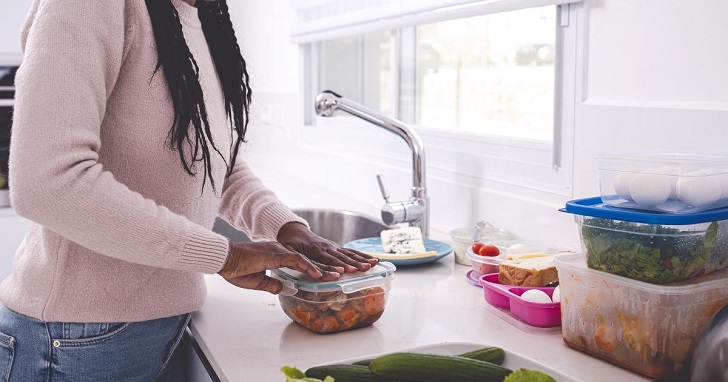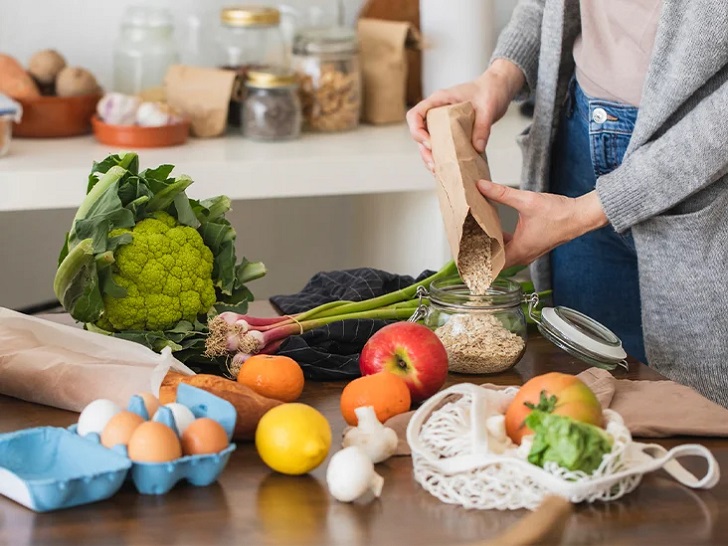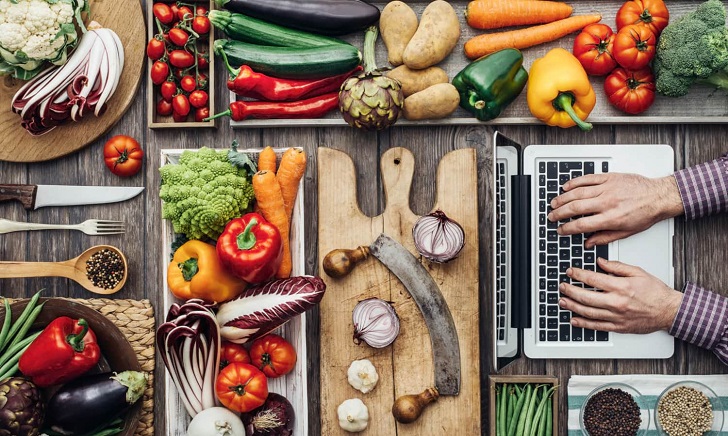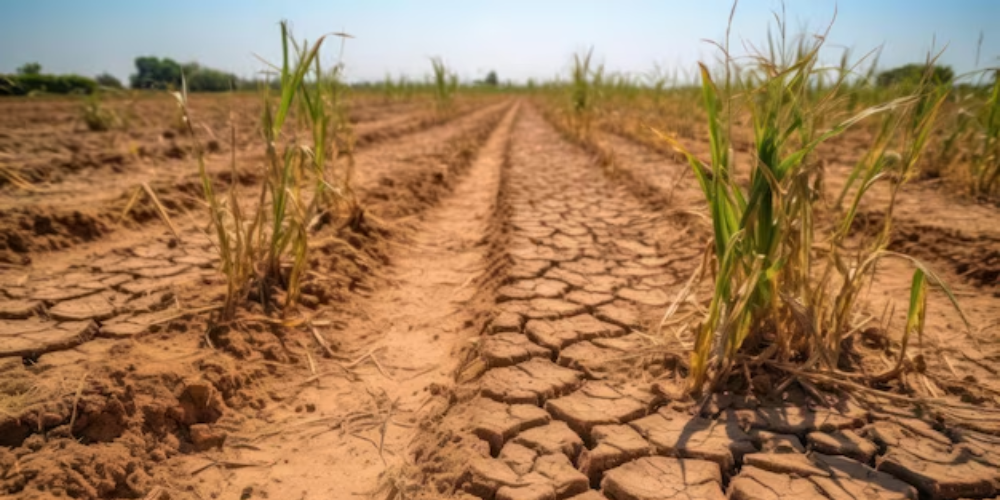Food waste is a severe problem, and it’s not just about the wasted money – it’s also about the wasted resources that go into producing, transporting, and packaging food. According to a report by the Food and Agriculture Organization of the United Nations, roughly one-third of all food produced worldwide for human consumption is lost or wasted every year.
This means that a staggering amount of food is being thrown away, even as many people worldwide go hungry. But the good news is that there are many things you can do to waste less food in your own kitchen. Here are some tips to get you started.

Nrdc/ iStock | Never take food for granted because other people are dying to have food
Plan Your Meals
One of the best ways to reduce food waste is to plan your meals in advance. This allows you to buy only the needed ingredients and use any leftover ingredients from previous meals.
Before shopping, look in your fridge and pantry to see what you already have on hand, and list the ingredients you need for the meals you plan to make. This will help you avoid buying ingredients you don’t need and reduce the risk of food waste.
Buy Only What You Need
At the grocery store, it’s easy to get carried away and buy more than you need. But this can lead to food waste if you can’t use up everything before it goes bad.
To avoid this, try to buy only what you need for the week, and avoid buying in bulk unless you know you’ll use it all up. And don’t forget to check the expiration dates on perishable items like dairy, meat, and produce, and choose the freshest items available.
Store Food Properly
Proper storage can make a big difference in how long your food lasts. Many fruits and vegetables, for example, should be stored in the fridge to stay fresh longer, while others should be stored at room temperature.
Meat and dairy products should be kept in the coldest part of your fridge and eaten or frozen before they expire. And when you’re storing leftovers, make sure to use airtight containers to keep them fresh.

Healthline/ Pinterest | Food waste is one of the biggest environmental problems in the world right now
Get Creative with Leftovers
Leftovers are one of the biggest sources of food waste in many households, but they can also be a great opportunity to get creative in the kitchen.
Instead of throwing away your leftover chicken, you could shred it in a soup or salad. And if you have leftover veggies, you could sauté them and add them to an omelet or frittata. The possibilities are endless, and you can save money and reduce food waste simultaneously by using up your leftovers.
Freeze Food Before it Goes Bad
If you have food that you know you won’t be able to use up before it goes wrong, consider freezing it for later use. Many fruits and vegetables can be frozen, as can meats and poultry. And if you have leftover soup or chili, you can freeze it in portions for a quick and easy meal later. Just label your frozen items with the date and contents so you know what you have on hand.

Douglas Donnellan/ Getty Images | There is food for everyone on this planet, but not everyone eats
Composting Food Scraps
If you have food scraps you can’t use, consider composting them instead of throwing them away. Composting is a great way to turn food scraps into nutrient-rich soil for your garden. You can compost everything from fruit and vegetable scraps to eggshells and coffee grounds. And if you don’t have a garden, many communities have composting programs that will pick up your compostables for you.




